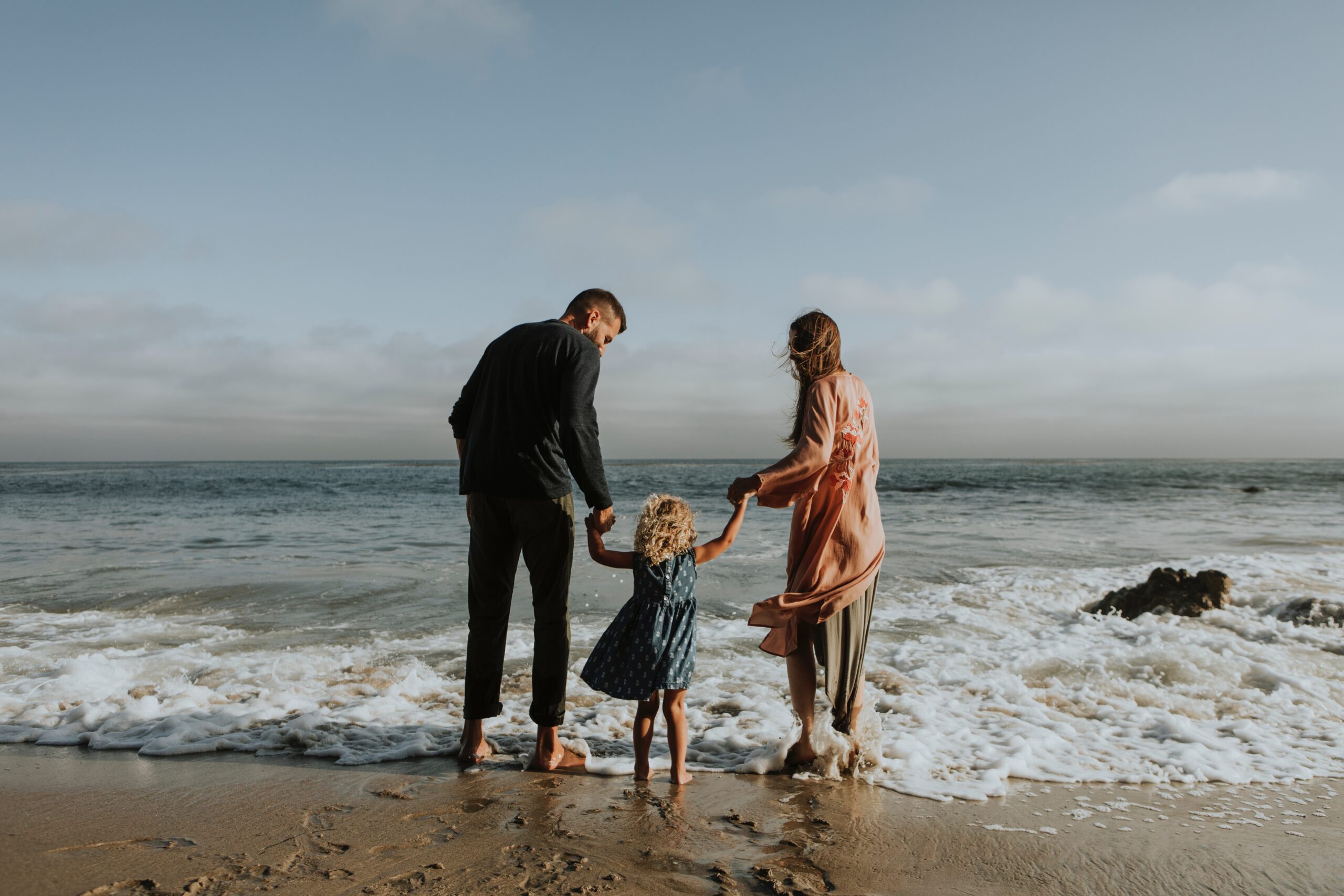Yasir and Sarah are a Muslim couple from the Prairies. Sarah converted from Christianity when she fell in love and married Yasir. Today, she is more devout than he, but their adult daughter Rayyan beats them both in terms of devotion to the faith.
Yes, these are fictional characters from CBC’s Little Mosque on the Prairie. But they prove the point that Canadian interfaith marriages — and the challenges of raising children in them — aren’t what they used to be back in the day when it was a scandal for a United Church girl to wink at a Catholic boy.
You may unsubscribe from any of our newsletters at any time.
In increasingly intercultural Canada, interfaith marriage is on the rise. A Statistics Canada study of inter-religious unions reveals that, as of 2001, Canada had 2.7 million interfaith marriages, or 19 percent of Canada’s married couples compared to 15 percent in 1981 (this includes the classic Catholic/Protestant combo). An interfaith marriage can also be a union between a practising adherent of a religion and a member of what Rev. Ed Cawley of Pilgrim United in Victoria calls the fastest growing religious group in Canada: NOTA — that is, “none of the above” on the census form.
Whatever the mix, Canadian interfaith couples are, on average, young and educated, and they do not typically describe themselves as devout within their own religion. And eventually, as in most marriages, interfaith couples have children. There are steps that parents — who desire religion to be a part of their children’s upbringing — can take to better cope with the challenges and more deeply embrace the possibilities inherent in interfaith families. Here are some tips from couples who’ve been there, and are doing just that.
Talk about it. And then talk about it some more. Lisa Brisebois is the Christian side of a Jewish/Christian marriage. She and her husband, Barry Gollom, have two children, and Lisa and the girls attend Timothy Eaton Memorial United in Toronto. “Work out your plan together ahead of time,” advises Brisebois. “You have to know how you are going to do this.” Brisebois’ marriage is typical of many interfaith couples in that she describes herself as “a very active member” of her faith community, but her husband is not. “We knew we wanted to have children, but whoever was more closely attached to a regular congregation and faith routine, that would make the most sense as to where our children would go.” For Brisebois and her husband at least, “the practicalities were easy.”
Mary Helene Rosenbaum is director of the Dovetail Institute for Interfaith Family Resources in New York. She is Catholic; her husband is Jewish. Rosenbaum reminds couples that religious beliefs often influence our views on money, food, sex — and yes, childrearing — and all those things need to be talked about. “Be really clear about your own religion and what it actually teaches.” Then, you do need to talk to the nervous grandparents-in-waiting. “There is a real fear that they are going to lose you. You need to say, `We are not rejecting you and the things you taught us.'”
Keep in mind though, that even the best-laid plans can change. Having a baby is “a huge spiritual event,” says Cawley. What sounded like a great idea before you had children can change before you’ve checked out of the maternity ward. Keep talking as the kids, and their faith, grow. “Be flexible,” says Rosenbaum. “It is a gift as well as a challenge. It means there is an active, ongoing discussion about faith that you may not have in a one-faith family.”
Celebrate. Lots.
Jenifer Aitken is a member of Glebe United in Ottawa. Sometimes she has two event calendars hanging side by side on her fridge. One is for her own congregation, which she attends weekly with her two young children. The other is from her husband Hanif Patni’s local Ismaili Muslim community. Aitken describes her husband as someone who “practises, but is not as involved in his faith as I am in the United Church. For him, there is a strong community, even if he doesn’t care that much about going to the mosque.” Aitken says they wanted the “mix in our marriage of having both, but we didn’t want that to mean we ignored them both.”
Rosenbaum says that following the religious celebrations of two traditions, while lots of fun, can be “exhausting” both for the couple and the kids. Rosenbaum recommends that if one person is primarily responsible for the household and the cooking, that person cannot be “just dumped with the responsibility of both religions.” Try to involve the whole family in planning and preparing for the many events and celebrations that could potentially fill up your calendar.
When her own family was young, Rosenbaum’s children celebrated both Christmas and Hanukkah. They were the envy of all their friends who assumed twice the celebration meant double the presents. (It didn’t.) Couples may have to pick and choose which celebrations are the most important to them, how they will be carried out within their family, and how they contribute to the spiritual nourishment of their children.
Choose a place of worship that welcomes everyone
For Brisebois, it was essential that her church be a place where her husband could feel comfortable if he chose to attend with the kids from time to time. “Pick your church carefully,” she advises. “Christianity believes what it believes, and no one has to pretend otherwise. But, it’s a matter of respect. “Some mixed-faith couples I know don’t practise either faith, which is sad.” Brisebois says “it’s up to the congregations of all faiths to recognize that multifaith families are an increasing reality.”
When Rosenbaum’s kids were still at home, she and her husband allowed the kids to choose which parent they would worship with (both she and her husband attended their respective religion’s services regularly). “But we made the stipulation that if you started the year at one place, you finished it. Sometimes they’d come to mass with me, other times to synagogue with Dad. Once in a while, we’d just take them to do other things.” Aitken sees a connection between her upbringing in the United Church and the fact that she is raising children today in an interfaith marriage. “There are some congregations in the United Church that have a very strong sense of inclusiveness. I learned those things when I was growing up. It’s one of the reasons I didn’t think it was an issue when I started dating Hanif.”
In an interfaith family, where only one parent attends services, the other might be tinkering in the garage or gardening during that time. So a discussion needs to take place about how much latitude the kids have to choose whether to attend worship. A compromise might be a 50/50 time split. Parents can experiment with different solutions, but when children are young most parents are comfortable saying, “This is what we do on Sunday mornings. Go get dressed.”
Let your kids make their own decisions about faith
Lots of parents say that someday their children will be free to make their own choice about which religion they follow. Parents in an interfaith family really have to mean it. “There would be a little sadness for sure, if they chose his [their father’s] religion,” admits Aitken. “But if you’re bringing up kids today, you’re going to face that whether they continue on in religion or not. And when I see a mixed group in our home and there’s a discussion about what it’s like to be a Muslim in Canada and the kids are cuddling with relatives on both sides, I think the richness is true.”
Rosenbaum, whose children are now grown, has this final thing to say to parents of an interfaith family: “The things that people told us when we got married — that our kids would be confused, lack identity and have a watered-down version of religion — did not happen. We knew who we were, so they could know who they are.”
This story originally appeared in the January 2008 issue of The Observer with the title “Two faiths, one family.”













